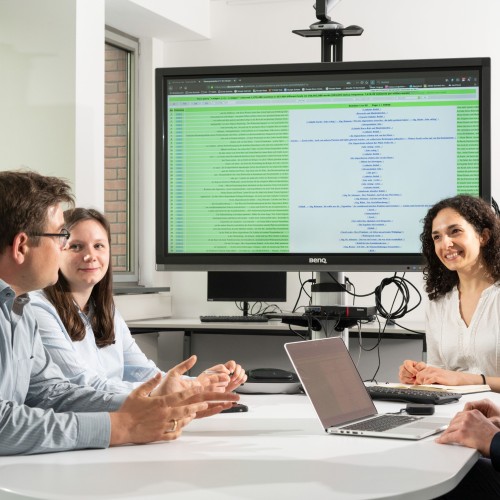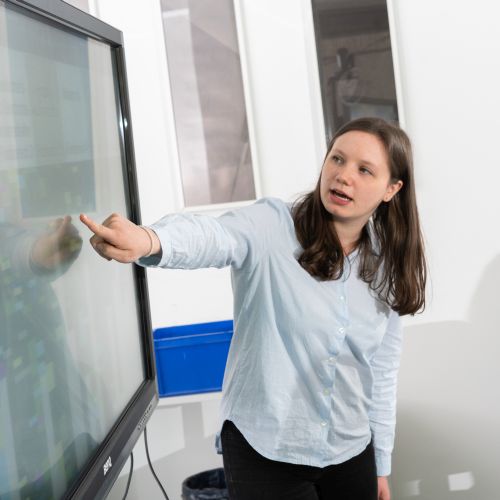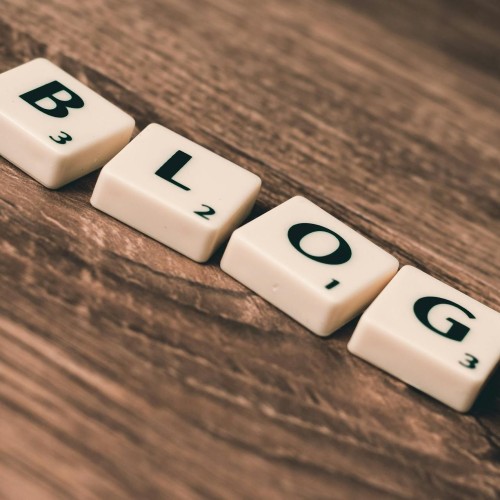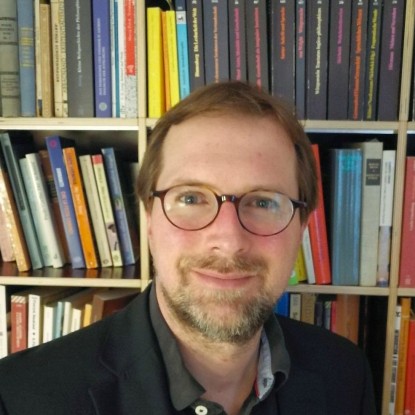About the Department
Head of Department: Prof. Dr. Marcus Müller


Research projects
What are Prof. Marcus Müller and his team working on? Find out about ongoing research at the department of Digital Linguistics

Blog
What's new in digital discourse studies? We keep you posted on project news, calls, conferences and more in our Blog
What is Digital Linguistics?
We are mainly concerned with digital corpora which can represent very different genera, e.g. newspaper texts, political debates, scientific essays, tweets, online forums, blogs, and much more.
To this end, we aim to develop and implement digital infrastructures that we can use to jointly perform digital analytics and compare intermediate results. Since our main area of work is Digital Discourse Analysis, our collaborative infrastructure is called Discourse Lab.
"You shall know a word by the company it keeps" (John R. Firth 1957: 11)
At the dept. for Digital Linguistics we analyze language at the level of individual words (lexis, word formation), phrases and sentences (syntax), as well as spoken statements (text and conversation). Our main interest is the relationship between language, knowledge, and society (as documented, for example, in Felder, Müller & Vogel 2012). Possible questions in this context are:
- How does a scientific term emerge and how does it change over time?
- What happens in interdisciplinary debates when researchers from different scientific disciplines use the same word – but linked to different concepts?
- To what extent and by what linguistic means is a new technology defined as “risky” in different national discourses?
- To what extent are different areas of knowledge such as economics, environment, or politics linked to the aspect of climate change in German and British media?
- Why do journalists often use expressions of the type “thus also”, “but still” or “nevertheless” in the scope of media debates on bioethics?



